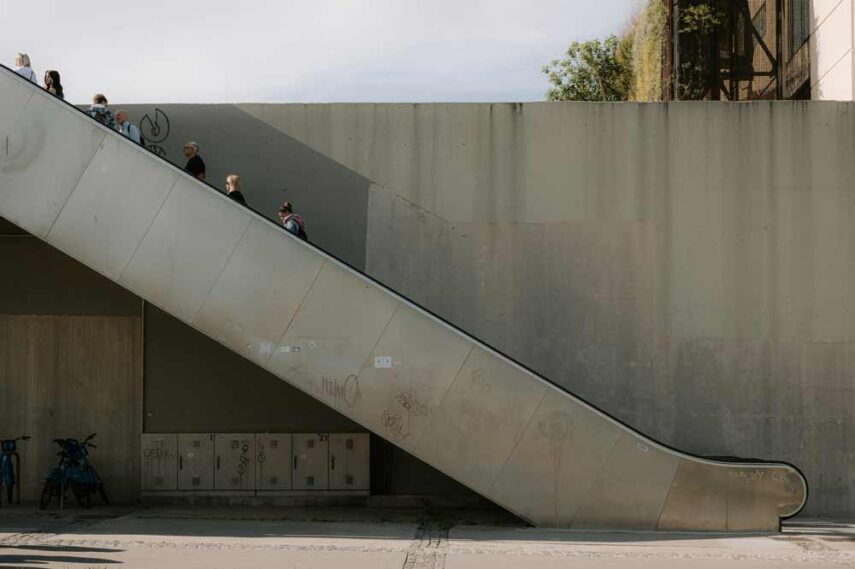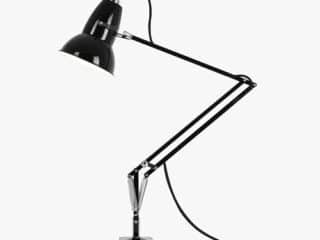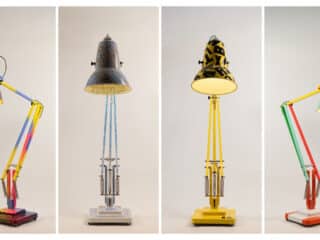News
Every “fix” fades: Are we ever getting off the hedonic treadmill?

I was coasting down the river on my stand-up paddleboard the other day, as I’m wont to do. It was a rare moment of tranquility in the life of someone running a business (always grateful, never grumbling. Okay, sometimes grumbling).
I sailed past a lady sitting on a grassy bank in the evening sunshine. I called out, “you’ve got a lovely spot”. She called back: “So do you!”
She was right. And it was an exchange that cheered me for the rest of the day. In fact, it still cheers me, when I think about it.
That feeling is something you cannot buy. But that doesn’t stop us trying.
Forever chasing
Everywhere you look, there’s a sale on.
With every sale, there’s a hint of a win, something new, something just for you… and “well it can’t hurt to look”. Suddenly, you’ve spent £50 on something you’d never even conceived of ‘til it hit your Instagram feed 15 minutes before.
And it does feel good… for a minute. You might get a second rush when the parcel drops through the letterbox. Then your object nouvel gets put away, or worn once, or used a handful of times… then it’s forgotten. And you’re 50 quid poorer.
The ‘hedonic treadmill’ suggests that our happiness (or lack thereof) is actually quite stable. It will always return to baseline, whether you win the lottery or lose an arm. The smaller the high, the quicker you’ll return to “normal”.
And so we keep chasing the highs – never to be fulfilled.
When the fun stops
I find modern marketing and advertising so vindictive, because it’s all based on spotlighting our insecurities and selling the “solution” back to us.
It’s been going on in the beauty and fashion industries for decades. But now it’s invading our homes. You can’t buy a house, but you can “transform” your space with a cheap sunrise projector from TikTok shop.
Even cleaning products have gone viral, for god’s sake – thanks to Ms Hinch and all of us spending way too much time locked down. The most utilitarian thing I could think of has become “hedonic”. Perhaps because it’s an affordable luxury – and cleanliness is all people can control in a broken housing market.
You’re forced into a tiny houseshare, but don’t worry – you can buy this “viral” folding airer from Amazon to save space. You’re being exploited by your landlord, but a new set of plastic containers can help!
If you tried to sell any of that crap to a turn-of-the-century laborer, or a Victorian, heaven forbid – they would’ve responded with a baffled “how long will it last?”. We used to buy for durability and function.
We’re sitting ducks for sales psychology. £39 sells more than £35. No ‘£’ signs on menus sells 10% more. “Shrinkflation” keeps prices the same while reducing portion size. “Charm” pricing, anchoring, the decoy effect, BOGOF, constant flash sales, “drops”, and scarily targeted ads… all engineered to keep us hooked.
Consumer culture sells us a “self” at a discount – outfits, gadgets, wellness routines – that promise transformation. Funnily enough, we never transform. And we don’t even notice.
Finding the off-ramp
In better news, there’s another kind of happiness: eudaimonic wellbeing. This is the kind you get from the pursuit of meaning, self-realization, growth, and authenticity.
A few non-hedonic hacks:
- Buy moments, not presents, for peoples’ birthdays: A day out, a cream tea, concert tickets, or a National Trust membership if you’re feeling particularly generous.
- Buy handmade where you can. Things made with love will continue to generate love. Materials that are carved or forged or woven have resonance, while plastic has none. Some research even suggests the frequency of wool and linen is healing to the human body.
- Sleep on it: Impulse is truly the enemy of peace. Try the “like and save” method – put it in your basket, and don’t buy until the next morning. You might find the urge has passed.
It’s not an easy task to “pursue meaning” in modern times. We’ve got bills to pay.
Thankfully, we have our whole lives to work on it. And it starts with focusing on moments – like mine on the paddleboard.
Moments, unlike things, leave a lasting impression.




